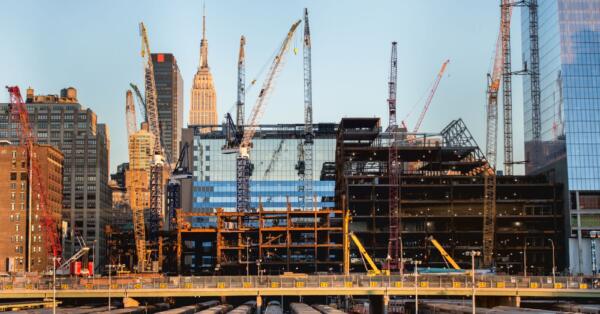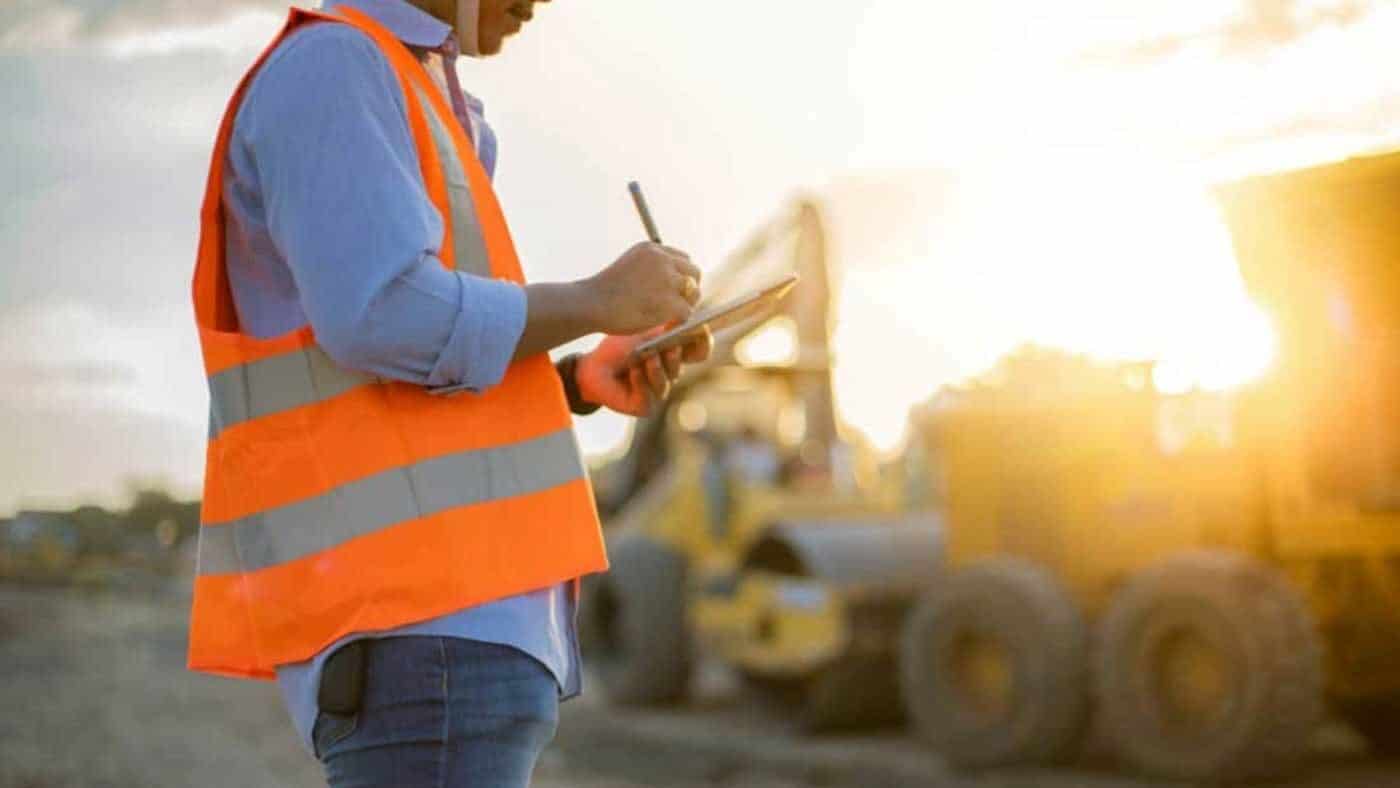One thing that has certainly changed over the 30 years that I have been providing expert witness analysis and testimony on construction disputes has been the size of the files we work with. The unit of measure for case documents has evolved from the Banker’s Box to the Gigabyte—truckloads of yesterday’s Banker Boxes if printed out. The quality of the information, however, doesn’t necessarily improve with the quantity of information. It just makes the job of finding critical information more difficult and time-consuming without advanced eDiscovery tools.
Yet, even with all of the technology available today, one source of information—the contractor’s daily report—remains one of the most critical sources of information when it comes to understanding retrospectively what actually happened on a project.
The information contained in the daily reports from the field is typically considered credible since it is presumed to be:
- generated contemporaneously with the actual work,
- to present an unbiased view from the perspective of the field superintendent, and
- formulated well before any attorneys have the chance to influence perception of the subject event.
Daily Report Technology is Only Part of the Solution
All this being said, we see a wide range in the quality and content of field daily reports. On the weak end of the spectrum, we find reports with hand-scratched notes that are barely legible, inconsistent, and offering little value to the process of understanding the reality of the project. On the strong end of the spectrum, we see the use of voice-to-text technology, word search capabilities, and photos inserted alongside links to critical documents of the day.
When a big dispute arises, the contractors who have invested in the best technology for their field documentation will likely save considerably more money in litigation expense and claim effectiveness than they spent in their daily report apps and project management platforms.
But, even with the best daily report software, templates, and other tools, the documentation is only as good as the documenter’s understanding of what’s critical to document. The best way to think about “what should I document?” is to start by reverse-engineering the claim process.
A contractor’s entitlement to a claim is based to a large extent on whether the event giving rise to the claim was “reasonably anticipatable.” A contractor is generally responsible for all work reasonably inferred from the project documents, including the contract and all documents referenced in the contract.
Generally, a contractor cannot be held responsible for things that are not reasonably anticipatable or that are “unforeseen or unforeseeable.” Thus, the concept of “reasonable anticipation” is critical to sorting out claims.
The practical problem we often see with contractors’ documentation practices is that the superintendent in the field—the person who is filling out the daily reports—doesn’t know exactly what the estimator and/or project manager in the office was thinking when the estimate was generated and the contracts were negotiated with the owner and the subcontractors.
That is why the foundation for good field documentation must first start with a very vivid and clear understanding by the field superintendent and field management team of what was reasonably anticipated by those “in the office” before the contract was ever executed.
Helping Field Management Achieve Solid Documentation
Before the work in the field ever starts, I urge the project team to spend sufficient face-to-face time, going over every line item of the estimate and activity in the schedule, in order to transfer every aspect of “reasonable anticipation” to the field management team. They should think through every aspect of the project and focus on identifying actions by other parties that the contractor is relying on for the successful performance of the project.
Next, the field management team should document—in writing to the owner—all of those critical things that the contractor is reasonably relying on from the owner, as well as the owner’s design consultants, who are not under the contractor’s control.
Likewise, the field management team should document to the subcontractors and vendors those critical things that the contractor is reasonably relying on from them. Then, the superintendent and field management team should strive to record every event that deviates from that reasonable anticipation, no matter who makes the deviation, in their daily reports.
As a construction expert tasked with sorting out claims well after the fact, I would advise contractors who want to avoid claim disputes, or who want to make sure they are in the best possible position to prevail when a dispute arises, to make the following their mission:
Strive for timely written notification of any substantive deviation from reasonable anticipation, backed up by good, accurate and unbiased contemporaneous field documentation.
If contractors do this, their jobs will run much better, they will be far more profitable, and construction attorneys and experts (like me) will all have much less work—all noble objectives.
To learn more about VERTEX’s Construction Claims Consulting and Expert Witness Services or to speak with a Construction Expert, call 888.298.5162 or submit an inquiry.
Author: Ted Bumgardner
This article was originally published by Xpera Group which is now part of The Vertex Companies, LLC.





